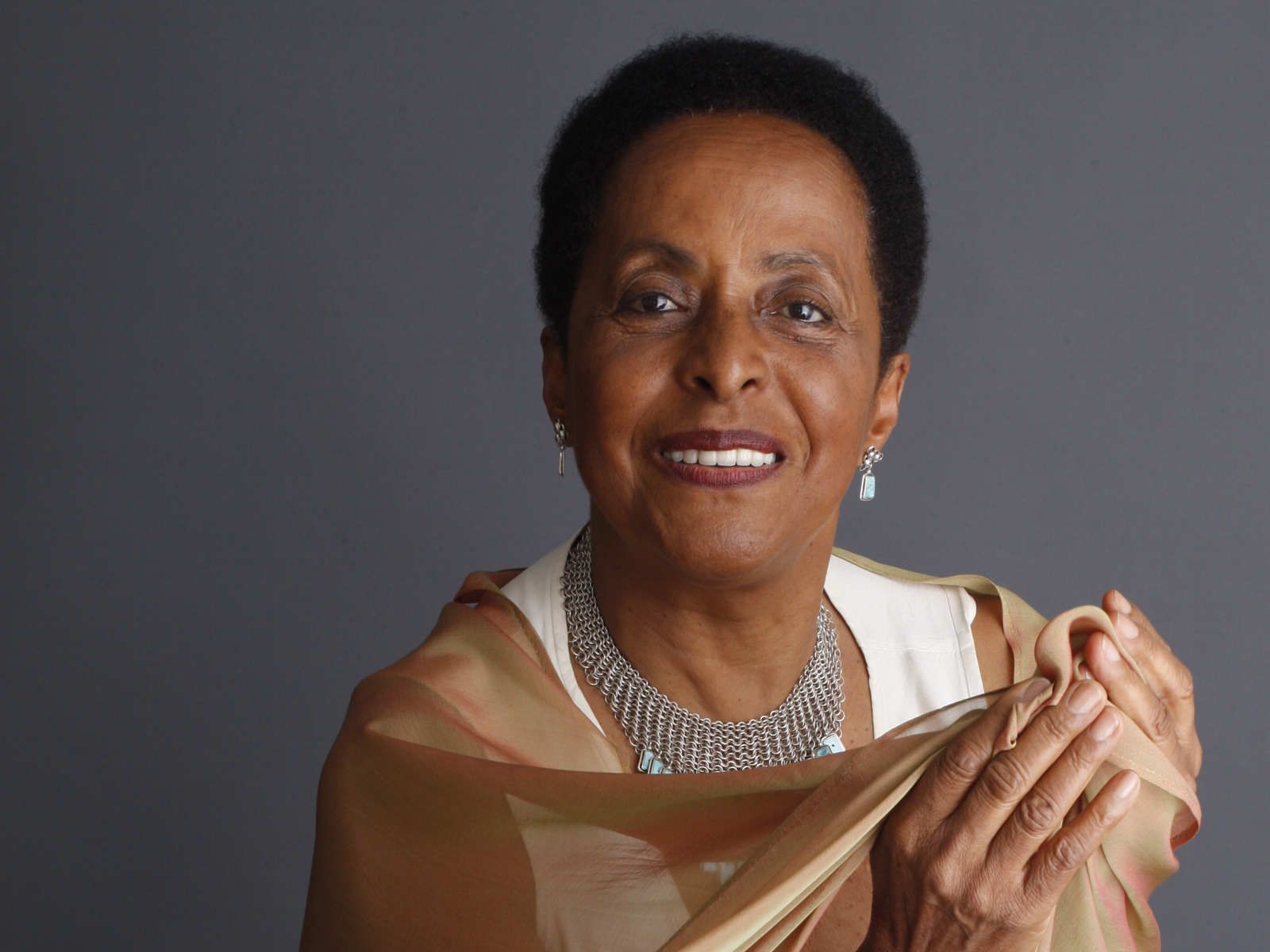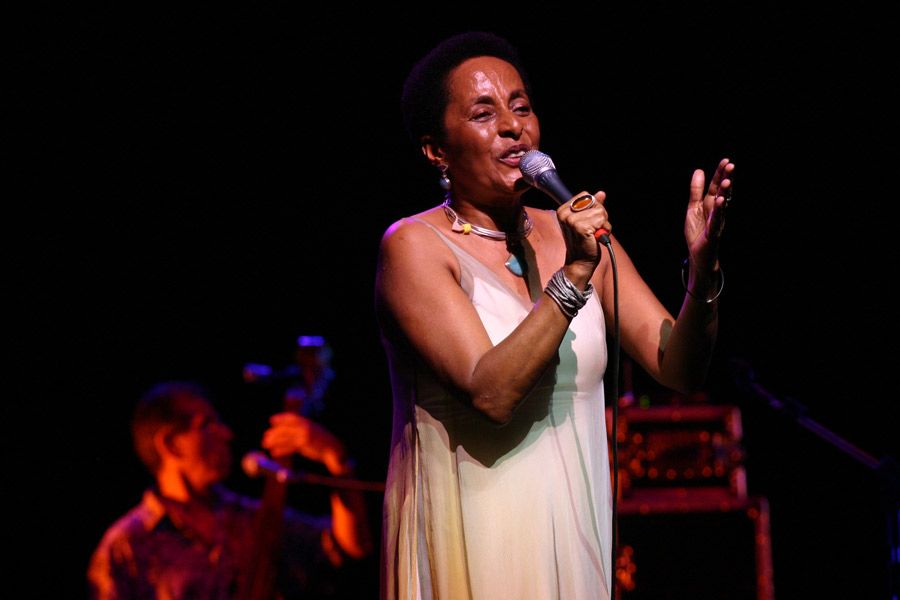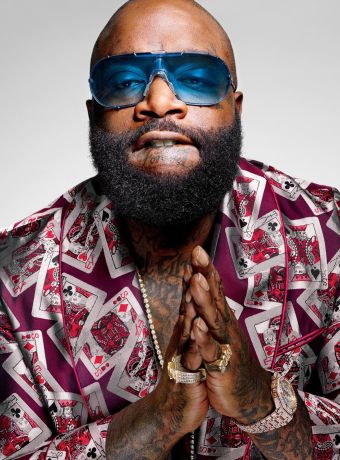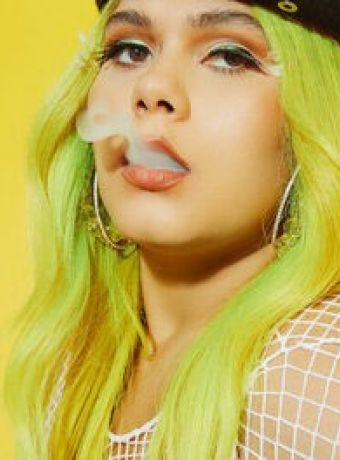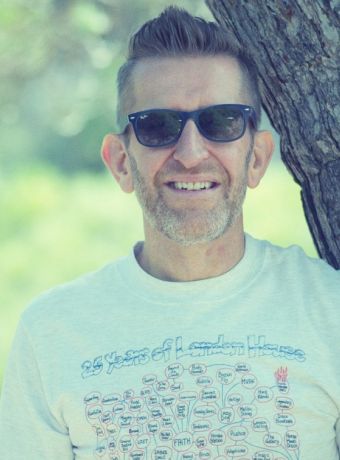Susana Baca
#Managers contacts, #Book an artist, #Performance cost, #Live show, #Private party, #Concert organization
-
Susana Baca (full name Susana Esther Baca de la Colina) was born on 24 May 1944 in Lima, Peru. Her mother Karmen de la Colina is a representative of a famous Peruvian music family, De La Colina. When Baca was a child, she lived in Lima suburbs Chorrillos. She was surrounded by musicians. Her father was a guitar player and her mom was a dancer. Baca’s aunts and cousins also worked in show business. It’s not surprising that such a family helped Susana discover her music talent early and decide to devote her life to music.
When Susana was a teenager, she spent most of her time studying music and even created an experimental music group. Baca’s mother always told her: “You are black, you are poor so you need to study.” The girl listened to her mom’s advice and enrolled in the Enrique Guzman y Valle University, where she majored in teaching. Baca graduated in 1968.
In the mid-90’s, Luaka Bop label offered Susana a contract. Together they released two albums Susana Baca (1997) and Eco De Sombras (2000). Even though the singer recorded two LPs before she started working with Luaka Bop, these two were the first ones to be successful. After the release of Eco De Sombras, Susana became famous all over Latin America. She recorded this album with some help from such celebrities as David Byrne and John Medeski. The album included a mix of such genres as rumba, jazz, Latin rhythm, and more. Europe and North America acknowledged Susana as one of the greatest Peruvian singers. You had to be lucky to book Susana Baca for any event.
-
Susana continued recording hits and working in the "Black Continuum" institute, which she created in 1992 with her husband. The institute studies Peruvian culture.
Susan earned many awards. In 2002, she received a Latin Grammy Award for her album Lamento Negro (2001) as Best Folk Album. The same LP was nominated for a Latin Grammy as Best World Music Album. Initially, Baca recorded this LP in 1986. Twenty-five years later, it was released by Luaka Bop. The lyrics for some songs were based on the poems by a Chilean poet Pablo Neruda and Peruvian poet Cesaro Vallejo.
In 2011, Baca earned another Latin Grammy Award for her work with the band Calle on the song “Latinoamérica.” The same year she was appointed as Minister of Culture. Baca became the second Afro-Peruvian woman to become a minister. The first one was Maria Zavala Valladares, who became Minister of Justice in 2006.
Baca made it her goal to fight discrimination of Afro-Peruvians in Peru. Many people consider them a secondary nation. Only 2% of Afro-Peruvians, including Susana, have a higher education.
Baca easily combines political and music careers. In 2011, she released a new album Afrodiaspora.
-
Help
© 1999-2026 Booking Stars Ltd.: Booking & Touring Agency. All right reserved.
